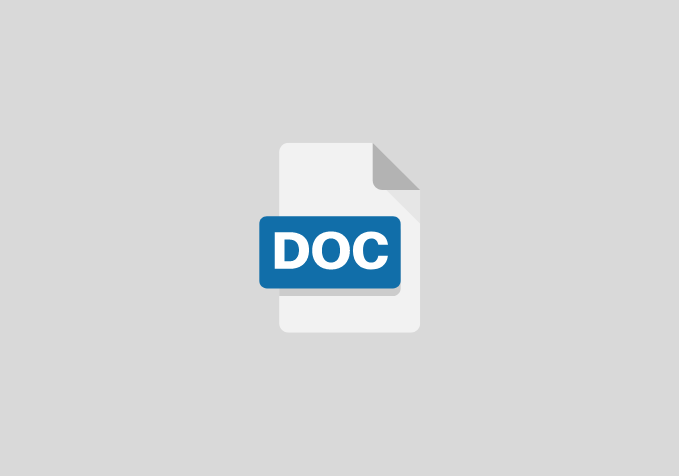Noise Pollution and Its Implication on Workers in Old Panteka Market, Tudun Wada Area, Kaduna State
objective of the study
The main objective of the study is to examine Noise pollution and its implication on workers in old panteka market, tudun wada area, kaduna state. Specifically the study aims to :
- Examine the Adverse Health Effects of Noise pollution
- Evaluate the noise pollution Interference with Spoken Communication
- Examine the cognitive effect of noise pollution
LITERATURE REVIEW
Overview of Noise Pollution
Noise is becoming an increasingly omnipresent, yet unnoticed form of pollution even in developed countries.
Many researchers have studied the effects of noise on man and his environment. Onuu (1999) concluded that the environmental noise climate
due to road traffic in urban areas has shown strong dependence on the number of heavy vehicles in particular and of course vehicle speed and other parameters such as ground cover. It is worthy of note that prolonged exposure to low frequency noise can cause either permanent or temporal damage to hearing. The effect of noise on human emotions ranges from negligible through annoyance and anger to psychologically disruptive. Physiologically, noise can range from harmless to painful and physically damaging, (Akpan et al., 2003). Murray and Lewis (1995) studied environmental noise correction factors for typical industrial work rooms using field measurement techniques and found the result to be more accurate than the calculated value which was incorrect by as much as 4dB.
Industrial plant noise is considered a principal source of noise in our communities. Numerous industrial plant workers and communities are affected continuously by such noise. Onuu et al. (1996) studied the sound levels and spectra of industrial noise of nine industrial layouts in Calabar, Cross Rivers State of Nigeria and found the octave band pressure levels to be well above 85 dB (A) which is the starting point where damage risk is thought to be imminent. From the survey, they also found that the deafening level produced by the machinery noise was as high as 115 dB (A). High noise levels in industry may reduce productivity and the efficiency of workers. Additionally, a lot of industrial accidents are caused by excessive noise. Furthermore, industrial noise in plants, depending on the spectral distribution and amplitude, may annoy, interfere with speech and hearing, accelerate presbycusis, or cause irreversible hearing damage. It also has pathological danger.
RESEARCH METHODOLOGY
Introduction
In this chapter, we would describe how the study was carried out.
Research design
References
- Advantages and disadvantages of studying at home | Education Task. (n.d.). Retrieved April 21, 2020, from https://www.educationtask.com/advantages-and-disadvantages-of-studying-at-home.html
- Adverse consequences of school closures. (n.d.). Retrieved April 21, 2020, from UNESCO website: https://en.unesco.org/covid19/educationresponse/consequences
- Alvarez, P. (2020, March 13). National emergency: Trump declares coronavirus emergency – CNNPolitics.
- CNN.Com. Retrieved from https://edition.cnn.com/2020/03/13/politics/states-coronavirus-fema/index.html Barranco, J., & Wisler, D. (1999). Validity and systematicity of newspaper data in event analysis. European
- Sociological Review, 15(3), 301–322. https://doi.org/10.1093/oxfordjournals.esr.a018265
- Brummet, Q. (2014). The effect of school closings on student achievement. Journal of Public Economics, 119, 108–124. https://doi.org/10.1016/j.jpubeco.2014.06.010
- Christakis, E., & Christakis, N. A. (2020, March 16). Coronavirus: Closing the Schools Is Not the Only Option . The Atlantic . Retrieved from https://www.theatlantic.com/ideas/archive/2020/03/coronavirus-closing- schools-not-only-option/608056/
- Cliff, N. (1988). The Eigenvalues-Greater-Than-One Rule and the Reliability of Components. Psychological Bulletin, 103(2), 276–279. https://doi.org/10.1037/0033-2909.103.2.276
- Coronavirus. (2020). Retrieved April 21, 2020, from World Health Organization website: https://www.who.int/health-topics/coronavirus#tab=tab_1
- COVID-19 Educational Disruption and Response. (2020, March 24). Retrieved April 21, 2020, from UNESCO.org website: https://en.unesco.org/news/covid-19-educational-disruption-and-response


